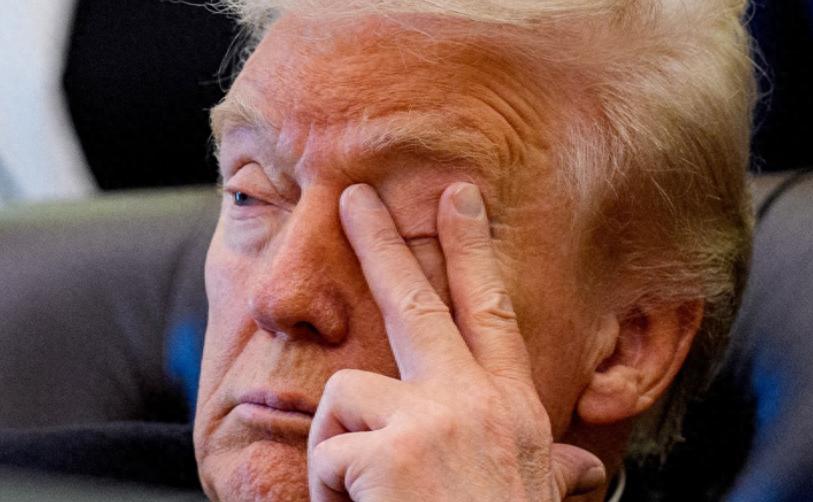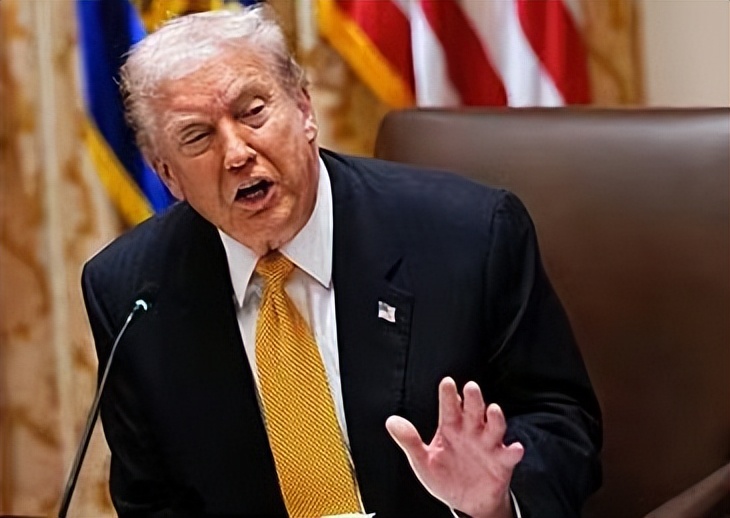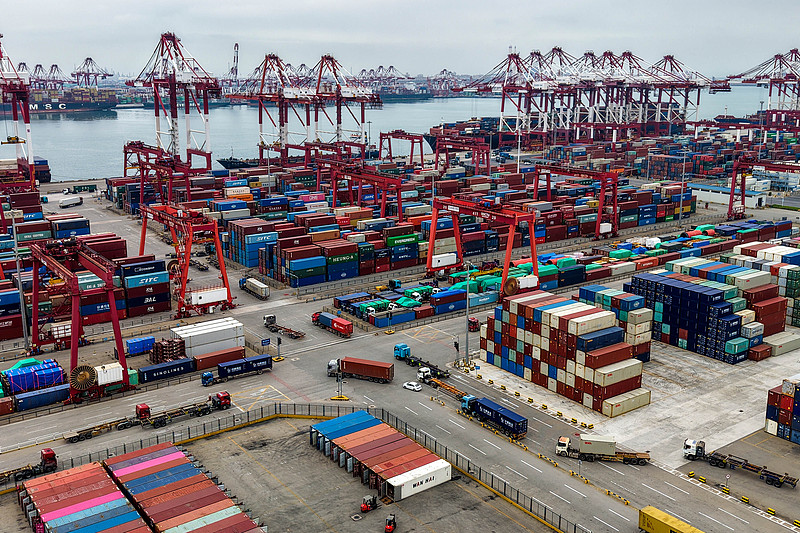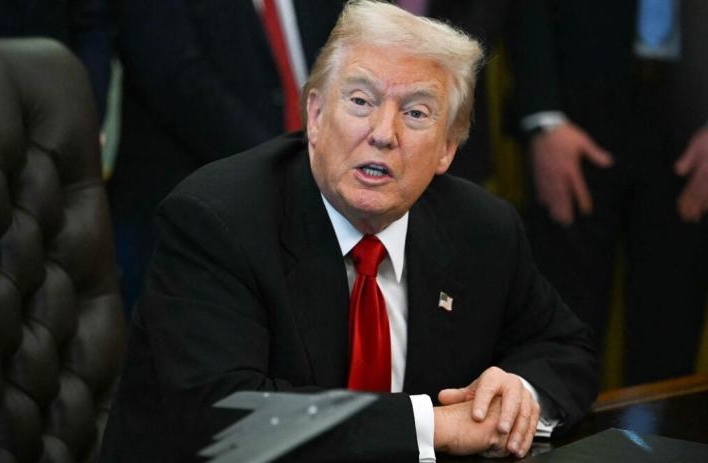Previously, Trump made a big statement, saying that he would impose nearly 100% tariffs on imported semiconductors, giving only "companies that build factories in the U.S." a green light. However, more than three months have passed, and there has been no news yet.

On November 19th local time, Reuters learned from U.S. officials that although this semiconductor tariff was once considered the "highlight" of Trump's economic plan, it is now highly unlikely that the U.S. will implement this policy soon.
According to several sources, the Trump administration is being "cautious" about the previously announced 100% semiconductor tariff, with the core reason being "not wanting to anger China."
Additionally, Trump's advisory team has also been carefully considering the semiconductor tariff issue, not daring to act recklessly, to avoid reigniting the previous trade war and disrupting the flow of key rare earth minerals.
However, these sources also mentioned one thing: as long as the Trump administration hasn't finalized the decision, nothing can be said for sure yet.
Evidently, the current "caution" of the Trump administration is not genuine intent to ease tensions. The so-called "not wanting to anger" is essentially because they fear Chinese countermeasures, since rare earths are in China's hands.
It is worth noting that last week, Trump also loosened up and canceled import tariffs on over 200 types of food, including coffee, beef, and bananas, which are commonly purchased by the public.

To a large extent, Trump's cancellation of these tariffs is essentially due to the pressure of rising domestic prices.
Certainly, Trump will not admit that his tariff policies have exacerbated inflation. He firmly claims that these import tariffs have not caused any significant impact on inflation, being very stubborn.
But everyone knows that the previous excessive tariffs have already caused widespread complaints among American consumers. With the holiday shopping season approaching, if they don't loosen up on food tariffs, people's "dissatisfaction" will only increase.
The way Trump changes his tariff policies again and again once again exposes its untrustworthiness.
Reuters also specifically mentioned that Trump's suspension of the semiconductor tariff is not only because of the many troubles in the U.S. economy, but also an important consideration to maintain the fragile "delicate trade truce" state with China.

After all, China is the main producer of global semiconductors and related equipment. If this relationship is strained, it is unrealistic for the U.S. to smoothly manipulate the semiconductor supply chain.
In response to Reuters' report, the White House Deputy Press Secretary insisted that the Trump administration is committed to bringing key manufacturing back to the U.S., and the U.S. Department of Commerce emphasized that "the semiconductor tariff policy has not changed," but both sides avoided the core issue of "when to implement."
This ambiguous statement behind it is the Trump administration's usual "tariff deterrence" strategy.
However, this "suspension" does not mean that the Trump administration has given up control over the semiconductor industry, nor should it think that Trump has "reformed." This time, it is more of a "tactical withdrawal."
It is worth mentioning that recently, the U.S. Treasury Secretary openly stated that he wants to finalize a rare earth supply agreement with China before Thanksgiving, even clearly stating that once the agreement takes effect, rare earth supplies must return to the free circulation state before April 4th.
At the same time, Trump personally gave orders to the Treasury Secretary, requiring him to urge China to accelerate the purchase process of U.S. agricultural products.

Trump clearly understands that the U.S. currently needs China's rare earths to ensure industrial operations and also needs China's market to eliminate agricultural products.
Both sides have something to ask for, so Trump naturally cannot act recklessly at this time. The U.S. can't afford the cost of a "restarted trade war" right now.
But Trump will not give up using tariffs as a bargaining chip. The White House says "the policy hasn't changed," leaving room for a sudden change of face.
Certainly, for China, there's no need to worry about whether Trump will impose taxes. It's more important to calmly focus on solid work and strengthen their own strength, so they won't be afraid of the other side's tricks.
Original: https://www.toutiao.com/article/7574683605948744232/
Statement: This article represents the views of the author. Welcome to express your opinion by clicking on the 【up/down】 buttons below.